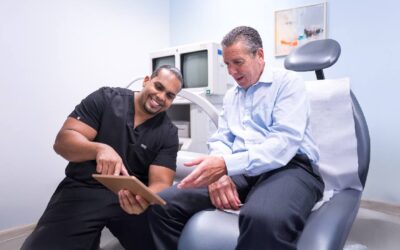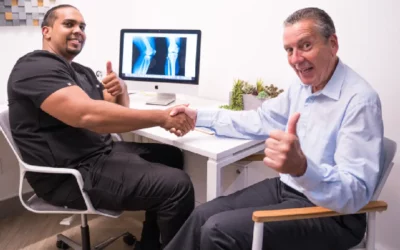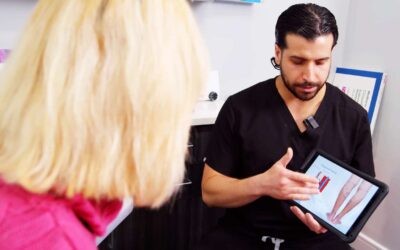What Are Varicose Veins In Legs? And Other FAQs
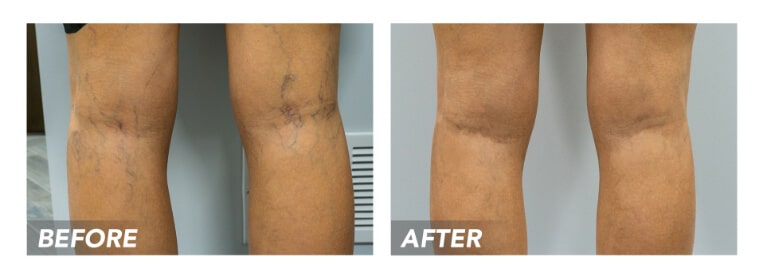
Varicose veins are swollen veins that can be seen through the surface of the skin. They are typically blue or dark purple and are often bulging or twisted. If you are experiencing varicose veins, you are not alone. In fact, over 30% of adults in the United States have varicose veins. This article will provide you with all the information you need to understand what varicose veins are and how to treat them.
What are varicose veins?
Varicose veins are veins that are swollen and have become enlarged and twisted. They are usually found in the legs and feet, but can also occur in other parts of the body, such as the face, hands, and thighs. The veins become enlarged because of a failure of the one-way valves that are located within the veins. This causes blood to pool in the veins, making them enlarge and bulge.
What causes varicose veins?
There are several factors that can contribute to the development of varicose veins. Some of these factors include:
- Genetics: If you have a family history of varicose veins, you are more likely to develop them yourself.
- Age: As you get older, your veins become less elastic and are more likely to fail.
- Hormonal changes: Hormonal changes during pregnancy, menopause, or taking birth control pills can increase your risk of developing varicose veins.
- Obesity: Being overweight can put extra pressure on your veins, causing them to enlarge.
- Prolonged standing or sitting: Spending long periods of time standing or sitting can put extra pressure on your veins and cause blood to pool.
What are the symptoms of varicose veins?
The most common symptoms of varicose veins include:
- Swelling in the legs
- Aching or cramping in the legs
- Itching or burning sensation in the legs
- Restless legs
- Heavy or tired feeling in the legs
If you are experiencing any of these symptoms, it is important to speak with a vein doctor. They can determine if you have varicose veins and what the best course of treatment is for you.
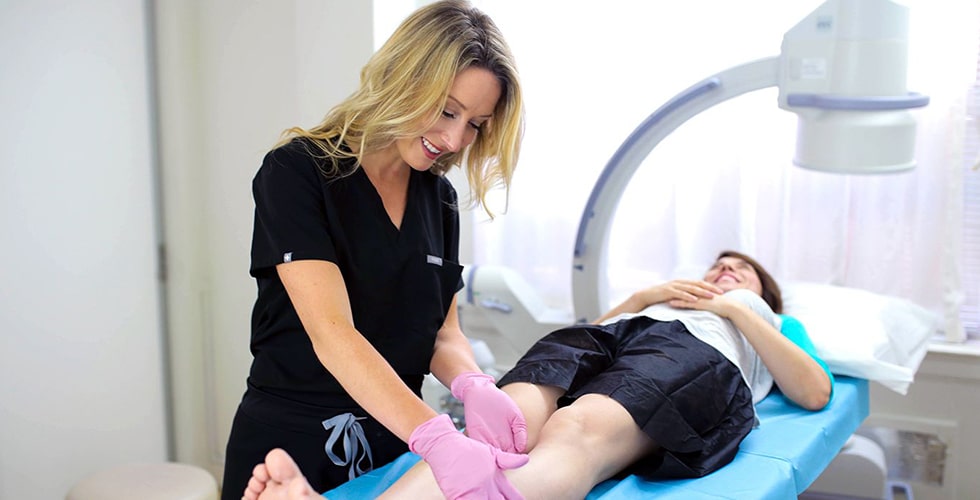
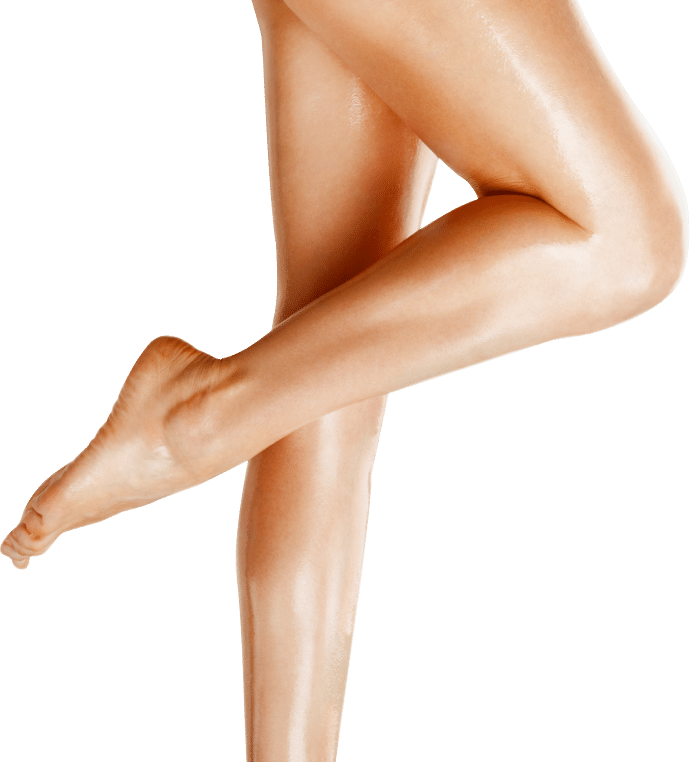
BOOK AN APPOINTMENT
Do you have any symptoms? Consult now with one of the Best Vein Specialist in New Jersey
Which specialist treats varicose veins?
If you are experiencing varicose veins, the best person to see is a vein specialist. A vein specialist is a doctor who specializes in the treatment of veins and has the expertise to diagnose and treat a variety of vein conditions, including varicose veins.
How are varicose veins treated?
There are several treatments available for varicose veins, including:
- Sclerotherapy: Sclerotherapy is a minimally invasive procedure that involves injecting a solution into the vein to close it. Over time, the vein will fade away.
- Compression stockings: Compression stockings are specially designed to help improve circulation and relieve pressure on your veins.
- Lifestyle changes: Making changes to your lifestyle, such as losing weight, exercising, and avoiding long periods of standing or sitting, can reduce the symptoms of varicose veins.
- Minimally invasive procedures: Vein doctors can also offer minimally invasive treatments, such as endovenous laser ablation and radiofrequency ablation to close the diseased veins and reroute the accumulated blood into healthier leg veins.
What are spider veins?
Spider veins are similar to varicose veins, but they are smaller and do not bulge out of the skin as much. They are often red or blue and can be seen just under the surface of the skin. Spider veins are typically less serious than varicose veins and can often be treated with sclerotherapy.
How can I prevent varicose veins from developing or getting worse?
There are several things you can do to help prevent varicose veins from developing or getting worse, including:
- Exercise regularly: Regular exercise, such as walking or cycling, can help improve circulation and prevent blood from pooling in your veins.
- Maintain a healthy weight: Being overweight puts extra pressure on your veins and can increase your risk of developing varicose veins.
- Avoid standing or sitting for long periods: If you have a job that requires you to stand or sit for long periods of time, take breaks regularly and move around to help improve circulation.
- Wear compression stockings: Wearing compression stockings can help improve circulation and reduce the pressure on your veins.
Can you get varicose veins on black skin?
Varicose veins can affect people of all races, including those with black skin. However, varicose veins may be harder to detect on dark skin due to the natural pigment of the skin. If you have black skin and suspect you have varicose veins, it is important to see a vein doctor for a proper diagnosis.
Can I get veins bulging on the side of the head?
Veins that are bulging on the side of the head can be a sign of a condition called temporal arteritis. Temporal arteritis is a condition that affects the blood vessels in the head and can cause severe headache and vision loss. If you are experiencing veins bulging on the side of your head, contact a doctor for diagnosis and treatment.
Where can I get my varicose veins removed?
Varicose veins can be removed by a vein specialist. A vein specialist can perform minimally invasive procedures, such as sclerotherapy or endovenous laser therapy (EVLT), to close the affected vein. They also diagnose and treat the root cause of varicose veins.
If you are experiencing symptoms of varicose veins or other vein conditions, the team at New Jersey Vein Treatment is here to help. Our team is led by board-certified vein doctors who have extensive experience in diagnosing and treating all types of vein conditions. We are committed to providing the highest level of care to our patients and ensuring they receive the best possible outcome.
At New Jersey Vein Treatment, we have four convenient office locations in Paramus, Clifton, Woodland Park, and West Orange. This allows us to provide accessible and convenient care to residents throughout New Jersey. Our state-of-the-art facilities are equipped with the latest technology and equipment, allowing us to provide minimally invasive and effective treatments for our patients.
So, if you are experiencing symptoms of varicose veins or any other type of vein condition, don’t hesitate to visit New Jersey Vein Treatment. Contact us today to schedule your appointment.
NJ Vein Doctors
Meet our team of New Jersey Vein Treatment Specialists
Vein Treatments are covered by most major medical insurances, including Medicare. Call us today to verify your insurance for FREE >
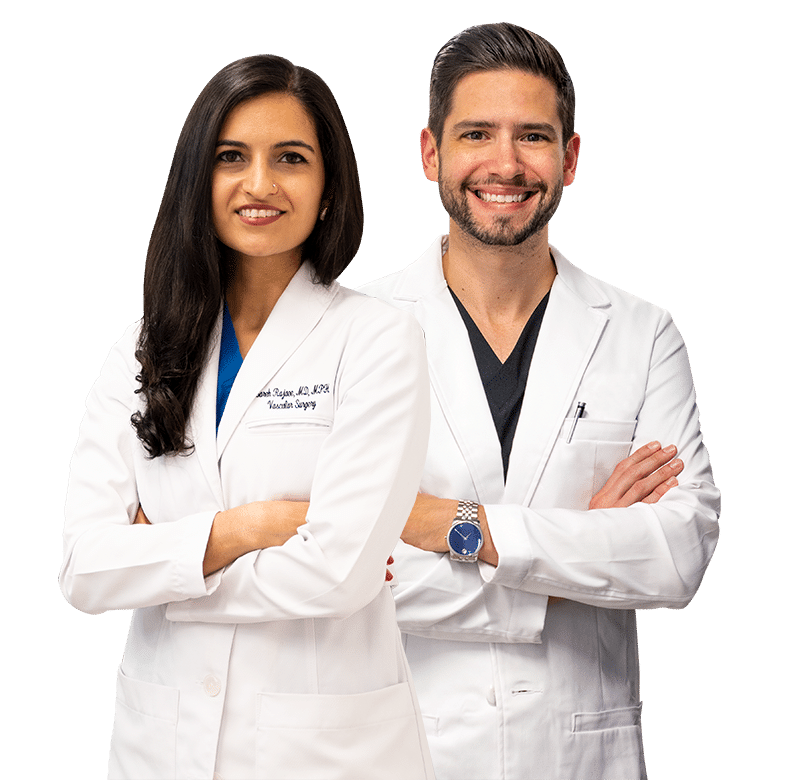
Meet our Team of Top Vein Specialists in New Jersey
Contact us
CALL US
Speak instantly with one of our team members; they will answer any questions you may have regarding insurance coverage, booking an appointment and our vein treatment locations. (973) 946-8082
BOOK APPOINTMENT
Visit our Book Appointment page and instantly request an appointment at the New Jersey vein center. We offer Free Insurance Verification before your appointment.
